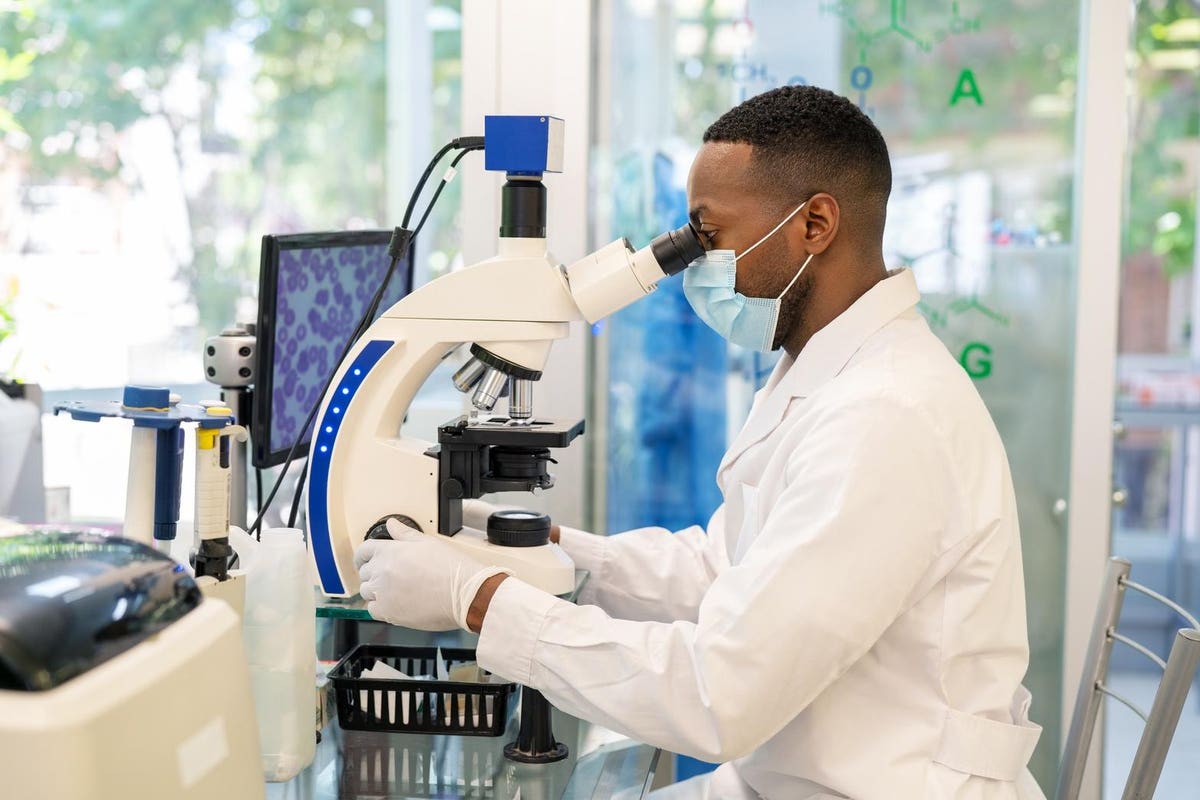LigoLab Co-Founder and Chief Executive Officer.
Thanks to ChatGPT and others like it, one finds it hard to remember what our world was like before the recent advances in artificial intelligence. That’s how rapidly this new technology has taken us by storm and transformed the way we all work. For me, it’s enhanced my creativity and become a huge time-saver. This AI transformation serves as yet another example of the promise of advanced technologies and the way they can quickly revolutionize the way we work, collaborate and innovate in our respective industries.
As CEO of a software company that serves medical laboratory customers, I feel confident that these are exciting times for our industry and that we’re on the brink of a new era of advancements. Much like the well-documented AI explosion, these advancements can allow us to tighten the bond between the laboratory and the patient, leading to better healthcare outcomes for all.
Recently, we’ve witnessed a wave of digital transformation in healthcare. In addition to the expanded use of AI, we’re also seeing the seamless automation of laboratory processes and further adoption of digital pathology as labs continue to modernize. I believe that going forward, the most successful medical labs will be driven by technology, using innovation and new tech tools as they become available to improve their efficiency, accuracy and ability to collaborate. By leveraging these new systems, they’ll be able to boost productivity, lower operational costs and run a better overall business—one that raises more revenue and attracts and retains more customers.
There will be winners and losers, and action should be taken now to counterbalance the disruption lab operators are feeling thanks to downward trends like declining reimbursements for services rendered, a shortage of qualified personnel and competitive and regulatory pressures.
How Medical Labs Can Prepare For The Future
First, consider how you can implement robust data management systems that can manage the increasing amount and detail of lab-generated data, thus helping your lab harness greater insights. When contemplating which vendors to choose from for the implementation of new tech innovations, I recommend going with the ones that truly align with your lab’s growth plans and that have proven track records of long-term successful partnerships based on mutual interests.
Data exchange should also be a focal point. I have found that standardization and interoperability are important focal points for seamless data exchange and collaboration. By removing barriers caused by data silos and by standardizing data formats across all workflows, your laboratory can benefit from improvements in efficiency and accuracy, which can lead to enhanced patient safety. This can also reduce overall operational costs, in my experience.
Also, partnerships with tech companies and other stakeholders should be considered. There’s no need to reinvent the wheel when you can leverage the talent and resources provided by tech companies to improve your lab’s operations. This can allow you to focus more on what your lab does best, and that’s serving the physician and the patient.
Agility and adaptability are also important for incorporating more efficient technologies, business models and methods. In my experience, top-to-bottom organizational flexibility and an open-minded culture are important to implementing new solutions that can combat old problems. To facilitate this kind of culture, I recommend first entrusting a small team with the major decisions that affect the direction of the laboratory, then calling upon a much larger group to communicate and implement those decisions to all personnel.
By focusing on these key factors, a lab can lay the groundwork for future success as a tech-enabled organization that’s fully equipped to navigate the evolving landscape of laboratory technology and innovation. Disruption for some represents an opportunity for others, and I believe medical laboratories that are flexible and open to change will be better positioned to meet future challenges and take advantage of new opportunities.
Forbes Business Council is the foremost growth and networking organization for business owners and leaders. Do I qualify?
Read the full article here





